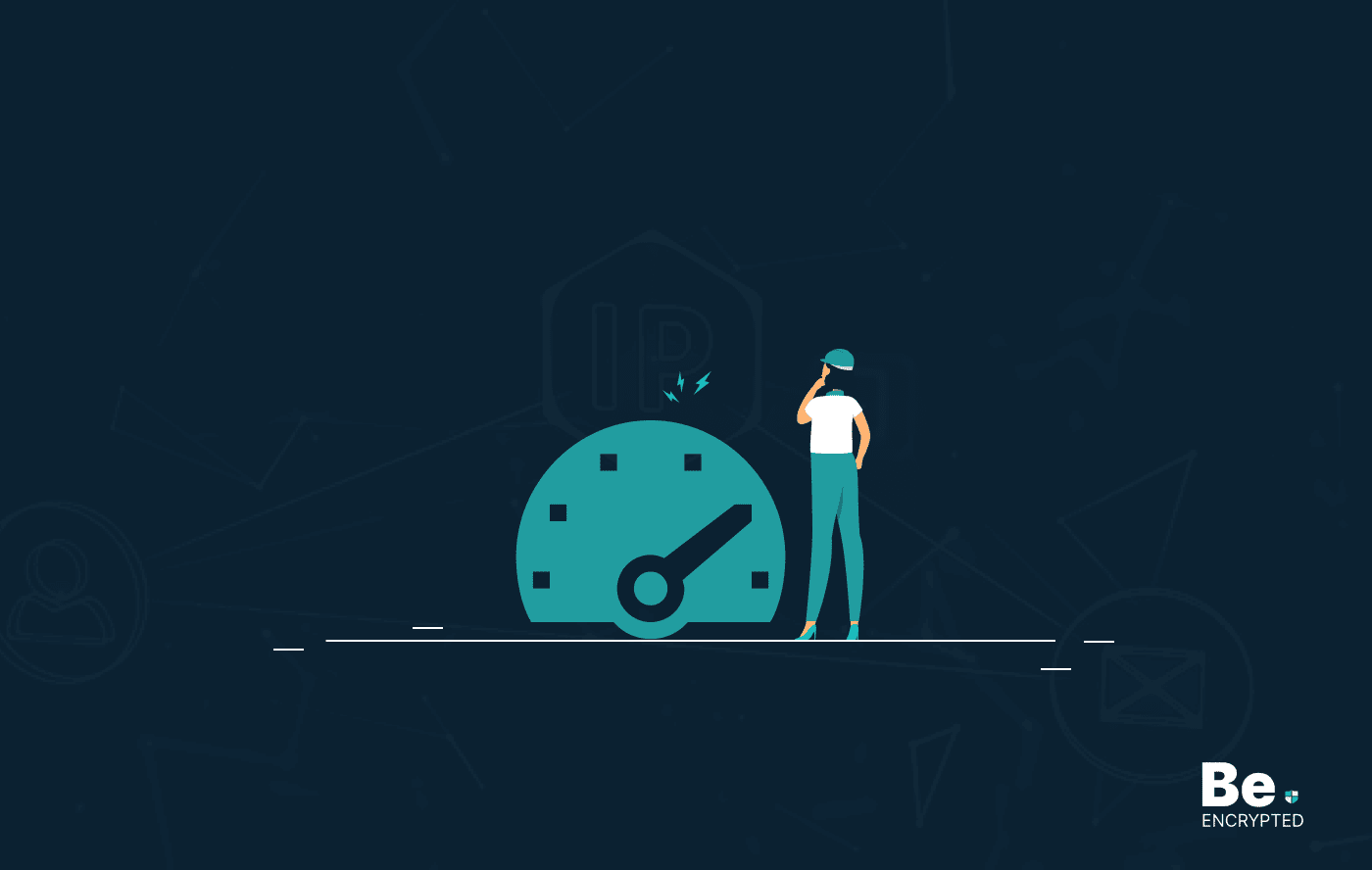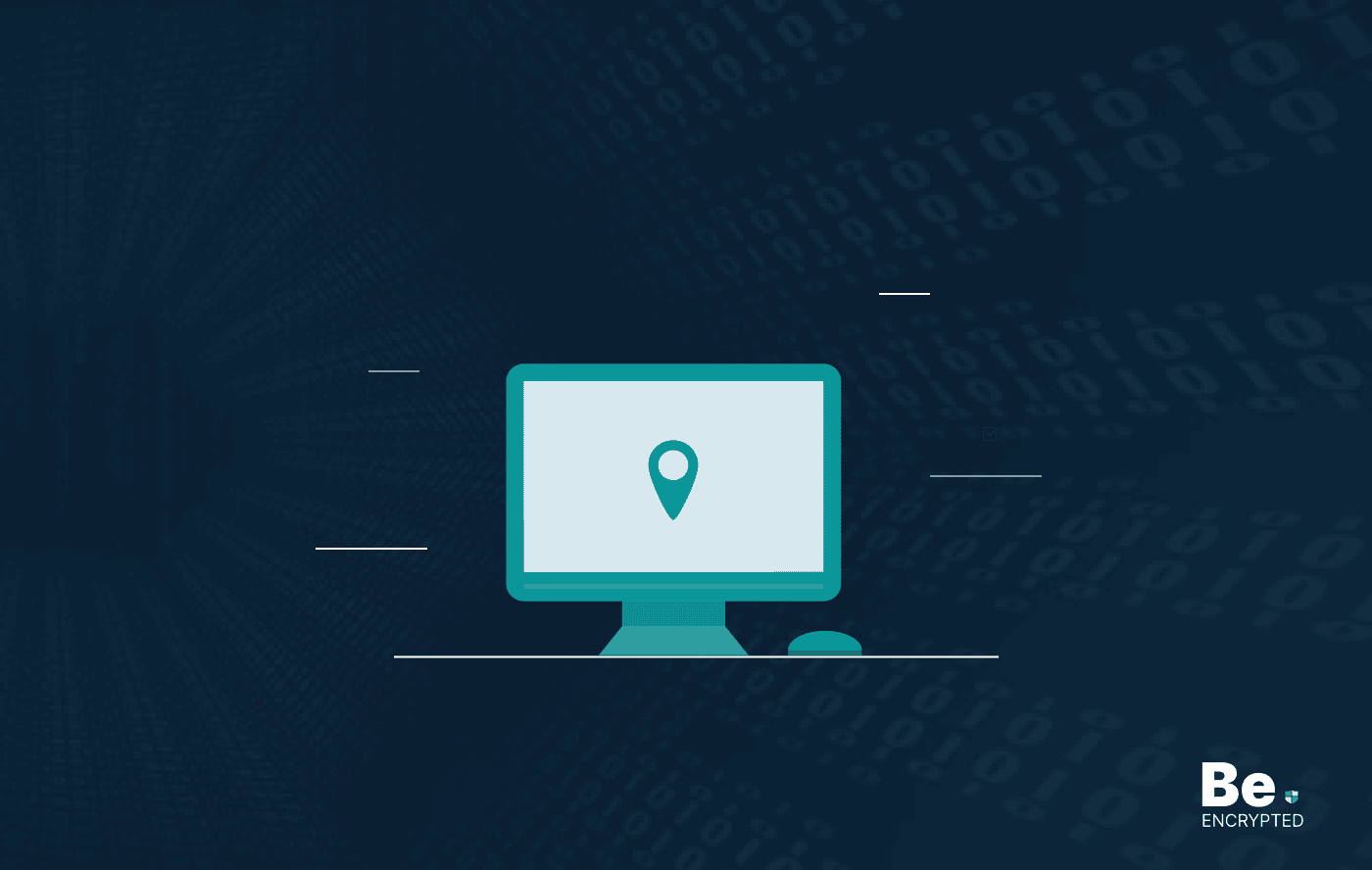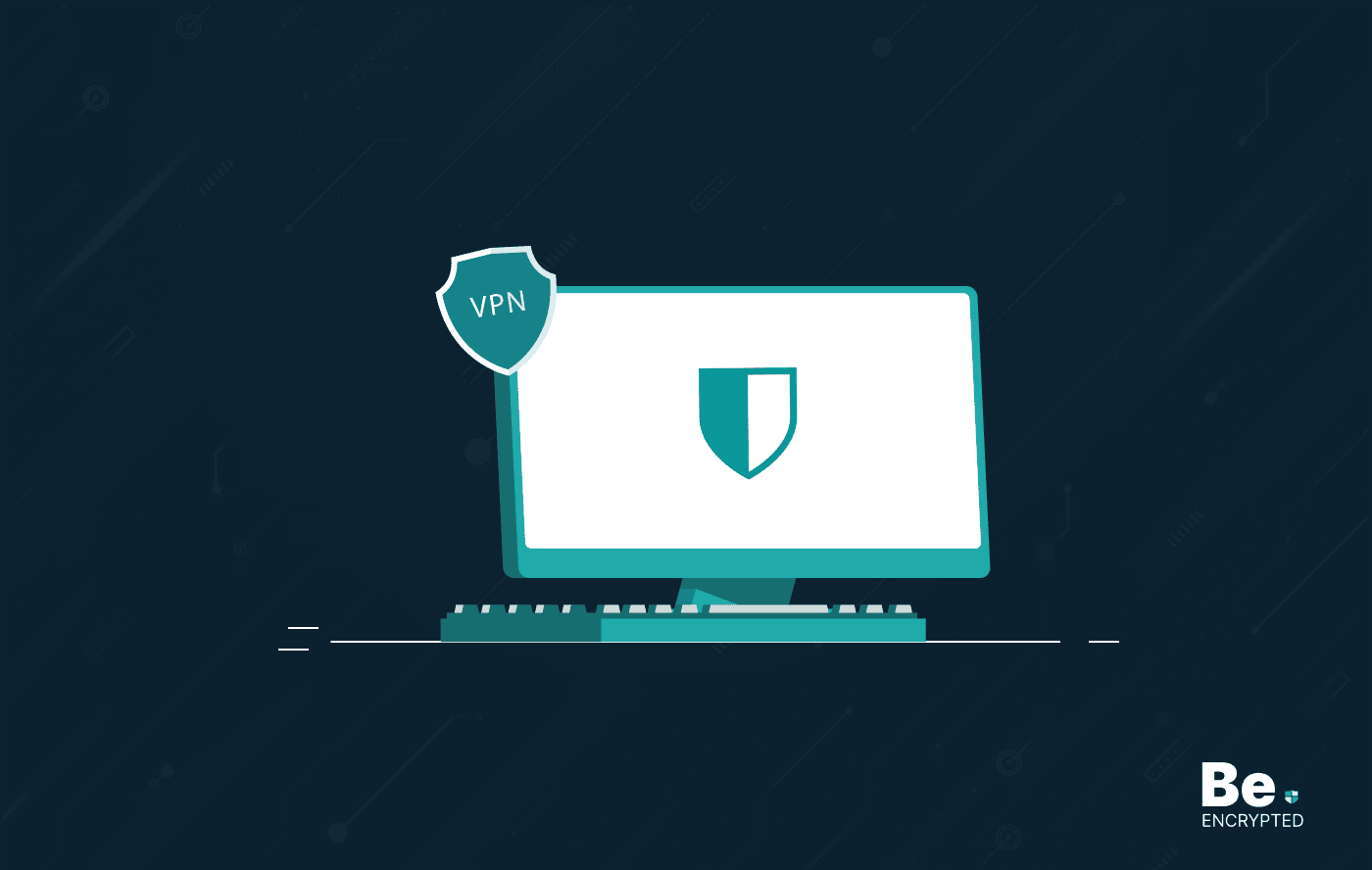You can be tracked using a VPN if your VPN leaks your IP address, which may result in being tracked by your ISP or surveillance agencies. However, you can overcome this issue using a legitimate VPN service provider like NordVPN, which ensures zero IP/DNS leaks.
Virtual Private Network (VPN) is a privacy tool with many well-known features. However, there are questions regarding its authenticity and whether it can be traced.
Trusting every VPN in the present era isn’t a good idea. Many malicious entities could use VPN popularity for a virulent purpose, and snooping techniques are advancing. In this article, we will discuss some of the major reasons why.
Do VPNs work in every case?
A VPN uses encryption and IP obscuring to provide a secure connection between the device and the VPN server. All user data is encrypted through VPN tunneling and is sent to the internet, which prevents malicious activity due to data snooping.
Due to these VPN features, it is used for many reasons, such as website unblocking, secure torrenting, bypassing ISP throttling, remaining secure while using public Wi-Fi, and others.
Anonymity doesn’t mean your activity becomes invisible, yet it cannot be traced back to you. For instance, your torrenting is visible to anyone, including your ISP, but they could see it with a false VPN IP address, and nobody could track back to your actual IP address if your VPN is working fine.
Unfortunately, certain flaws could make your actual IP address visible even with a VPN connection. If you have previously searched for VPN details then you might be aware of these flaws and if not, here is a quick glance at it.
IP leak
IP leaks occur for many reasons, but with a VPN, IP leaks are mainly due to DNS requests. Most devices have a default setting of ISP DNS server through which all the internet DNS requests are processed, and the internet provider can monitor all the user activity.
However, when a VPN is connected, it changes the device’s DNS settings to the anonymous VPN DNS servers. Such settings ensure that the website you are accessing and your internet provider remain unaware of your actual IP address.
Unfortunately, sometimes, your device settings revert back to the default ISP DNS servers in the presence of a VPN, and they remain ignored. This makes your IP address visible to the internet provider and online entities.
There are many reasons to revert to the default DNS settings. Yet, a VPN with DNS leak protection could avoid this issue by continuously monitoring whether the VPN DNS produces every DNS request.
This type of leak is also known as a DNS leak.
WebRTC leak
WebRTC leak is not a VPN fault, but it could make your IP visible in the presence of a VPN provider, and you can be traced.
WebRTC is a relatively new browser feature that allows real-time communication without an added extension or plug-in. The workings and phenomena of WebRTC are complicated and deep, and you can learn about them in detail here.
Yet, the main thing to know is that a website could use the WebRTC feature to access IP details from the STUN server using a simple script. VPN also uses the STUN server to translate a local IP address to a new public IP address and vice versa. Through this procedure, the STUN server creates a table containing VPN-based public IP and the user’s actual IP address in the presence of a VPN.
Therefore, these requests could be used to get the user’s local and public IP addresses using JavaScript.
Also, this feature is enabled by default in most popular browsers such as Chrome, Firefox, and Opera. That’s how you are unwittingly leaking your IP address in the presence of a VPN.
Who can trace you while connected to a VPN?
The above examples of IP leak and tracing possibilities occur when a VPN is lacking. However, as VPN users, we often neglect some aspects of VPN tracking.
Almost all VPN providers claim to be entirely safe and secure with a zero-logging policy. Unfortunately, there isn’t a way to figure out or confirm such a claim from a VPN service. There is no VPN provider that doesn’t keep a single piece of data, but it is crucial to know the kind and amount of data stored.
VPNs mainly state that they don’t keep logs; their privacy policy states the details of the data they store. However, such clauses are vague, so most users neglect them.
VPN providers log users’ web activity, login, and log-out times. They also keep IP addresses, and the duration of browsing could be more than what should be stored. However, according to them, logging user details enhances the customer experience. Also, to make sure that no illegal activities are being carried out. But is it definite that the information retained will remain with the VPN provider only?
Surveillance agencies such as the NSA could force VPN management to provide them with user information. That’s why some reputable VPN services don’t keep logs to prevent such a possibility.
How could you lessen the chances of VPN tracing
The possibilities of VPN tracking could be reduced through some considerations before selecting a VPN service.
Check out the VPN’s home country
Before selecting a VPN, you should check the “About Us” page for information regarding the VPN. Knowing the home country provider’s is essential. It is because the location determines privacy laws, which could force the provider in the future.
Must read the VPN’s privacy policy carefully
It is important to read the details of a VPN’s privacy policy before selecting it. The VPN service, which cares about users’ privacy, keeps the policy clear and simple.
Legitimate VPN providers keep as little data as possible. For instance, they could only demand the name, email address, payment data, and billing address. They do this so that they can proceed with a VPN subscription. Also, they clearly mention in their privacy policy that they wouldn’t log the user’s IP address, connection times, and bandwidth usage.
Remember to use additional privacy tools to check VPN efficacy
With the other entire pre-to-do list, you should take the assistance of additional privacy tools. Doing so lets you check whether you are being tracked in the VPN presence. Tools such as DNS, IP leak, and WebRTC leak tests could provide details about VPN’s performance.
Share this article
About the Author
Rebecca James is an IT consultant with forward thinking approach toward developing IT infrastructures of SMEs. She writes to engage with individuals and raise awareness of digital security, privacy, and better IT infrastructure.
More from Rebecca JamesRelated Posts

10 Best Alternatives of Tunnelbear (Free and Paid in 2024)
KEY TAKEAWAYS If you have decided not to use TunnelBear VPN, then the following VPN providers will i...

ISP Throtlling: 4 Best Ways to Stop Bandwidth Throttling in 2025
KEY TAKEAWAYS If you’re experiencing ISP throttling, using a VPN is the best method to prevent...

How to Hide Your IP Address? 7 Best Ways
KEY TAKEAWAYS Masking your IP address is necessary to protect yourself from multiple cyber threats. ...

What is a VPN Kill Switch and How Does it Work?
Numerous internet users have now observed the possible risk of online data exposure to ISPs or cyber...

Does VPN Slow Down Internet Speed? [Resolved]
KEY TAKEAWAYS A VPN connection indeed reduces your speed because of encryption protocols. It routes ...

Why Should You Use a VPN? 12 Best Reasons
KEY TAKEAWAYS As almost everyone has nowadays access to the internet, more cyberattacks are taking p...


